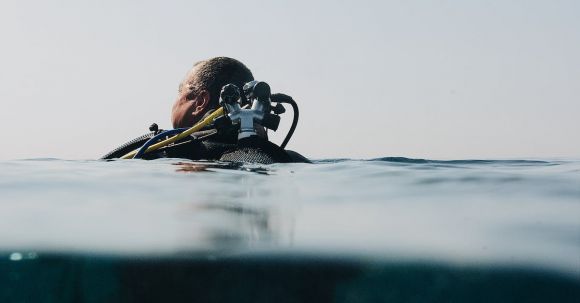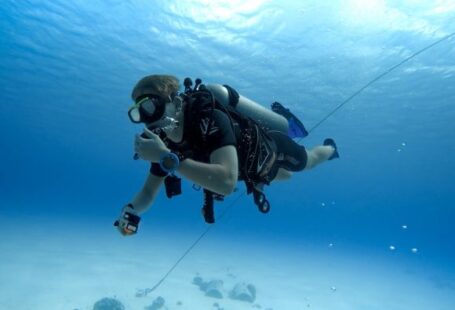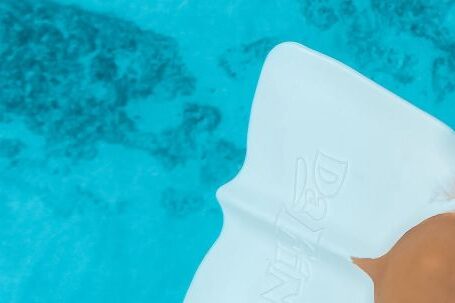Scuba diving is an exhilarating and adventurous activity that allows you to explore the wonders of the underwater world. If you’ve always been fascinated by marine life and want to experience the thrill of diving into the deep, then this beginner’s guide to scuba diving is for you. From understanding the basics to preparing for your first dive, this article will provide you with all the information you need to get started on your scuba diving journey.
Understanding Scuba Diving
Scuba diving involves using a self-contained underwater breathing apparatus (SCUBA) to breathe underwater. This equipment consists of a mask, fins, a buoyancy control device, a regulator, and a tank of compressed air. The regulator allows you to breathe air from the tank, while the buoyancy control device helps you maintain your position in the water.
Getting Certified
Before you can dive, it’s essential to get certified. Enroll in a scuba diving course from a reputable diving organization such as PADI or SSI. These courses will teach you the necessary skills and knowledge to dive safely. You’ll learn about equipment usage, underwater communication, dive planning, and emergency procedures. After completing the course, you’ll receive a certification card that allows you to dive independently.
Choosing the Right Dive Center
When selecting a dive center, consider their reputation, safety record, and the experience of their instructors. Check if they offer beginner-friendly courses and have well-maintained equipment. Reading online reviews and asking for recommendations from experienced divers can also help you make an informed decision.
Equipment Essentials
Investing in your own scuba diving equipment is a personal choice. However, many beginners prefer to rent equipment initially. If you do decide to buy your gear, ensure it fits comfortably and suits your diving needs. Some essential equipment includes a mask, snorkel, fins, and a wetsuit. It’s crucial to regularly maintain and service your gear to ensure its reliability and longevity.
Mastering Basic Skills
Before diving into open water, you’ll practice essential diving skills in a controlled environment such as a swimming pool. These skills include mask clearing, regulator recovery, and buoyancy control. Your instructor will guide you through these exercises until you feel confident and comfortable performing them.
Planning Your Dive
A successful dive begins with proper planning. Before each dive, you’ll need to consider factors such as the depth, duration, and conditions of the dive site. It’s crucial to check the weather, tides, and currents to ensure safe diving conditions. Additionally, always dive with a buddy and communicate your dive plan to them.
Equalizing Your Ears
As you descend underwater, the pressure increases, which can cause discomfort in your ears. To equalize the pressure, pinch your nose and gently blow while keeping your mouth closed. This technique helps open the Eustachian tubes, allowing air to flow into your middle ear. Equalizing frequently during descent and ascent will prevent ear injuries and discomfort.
The Thrill of Diving
Once you’re in the water, take a moment to relax and appreciate the underwater world. Move slowly and avoid touching or disturbing marine life. Keep an eye out for colorful coral reefs, fascinating fish, and other marine creatures. Always remember to conserve your air supply, monitor your depth and time, and ascend slowly to prevent decompression sickness.
In Conclusion
Scuba diving opens up a whole new world of adventure and exploration. By understanding the basics, getting certified, and practicing essential skills, you can enjoy the thrill and beauty of the underwater realm. Remember to dive safely, respect the marine environment, and continue learning and improving your diving skills. So, gear up, take the plunge, and embark on an unforgettable scuba diving adventure!





